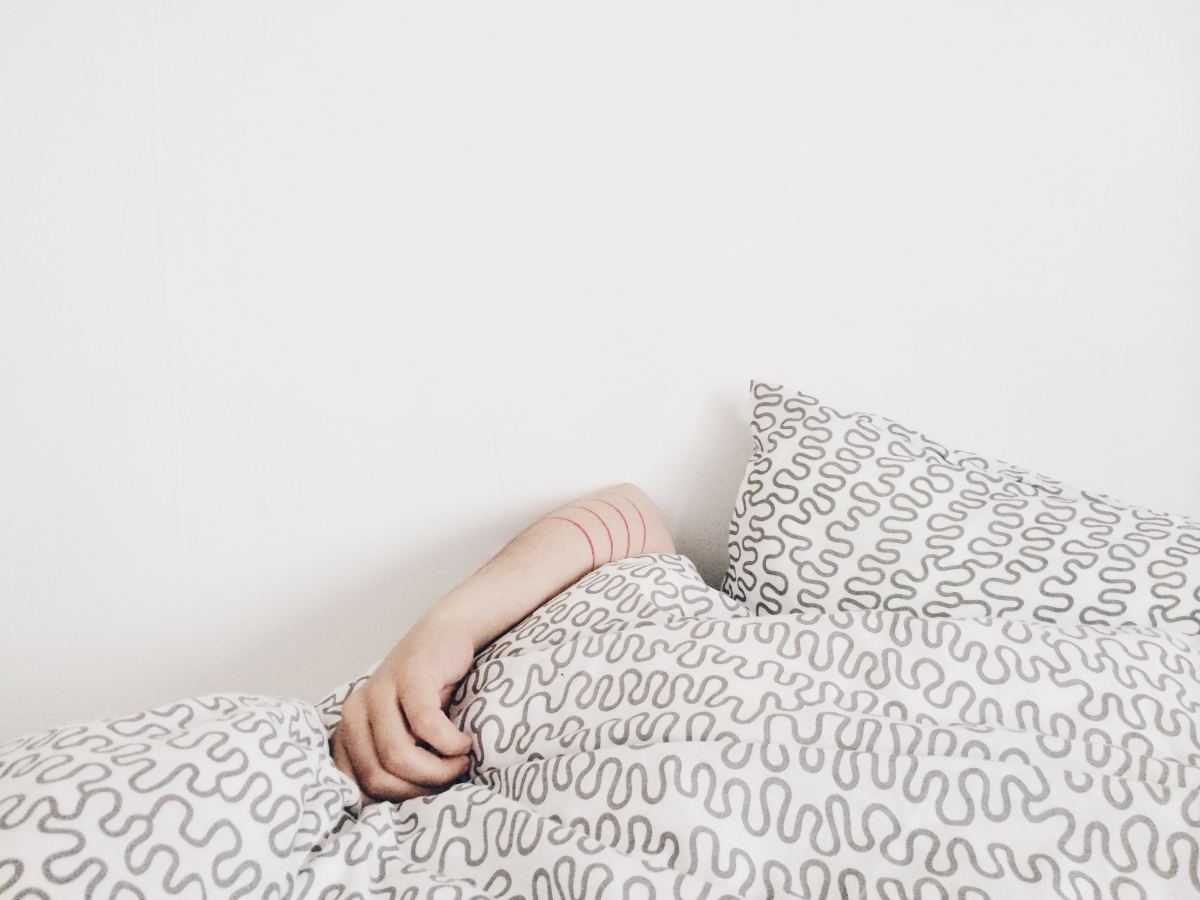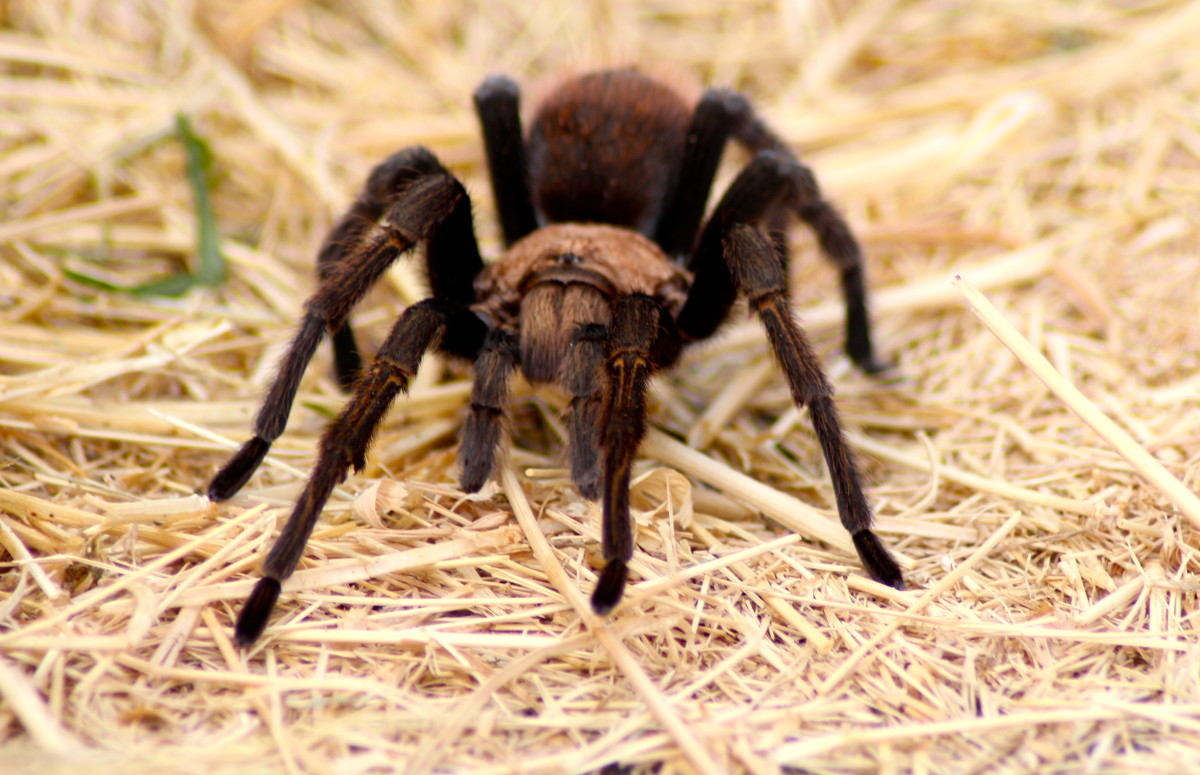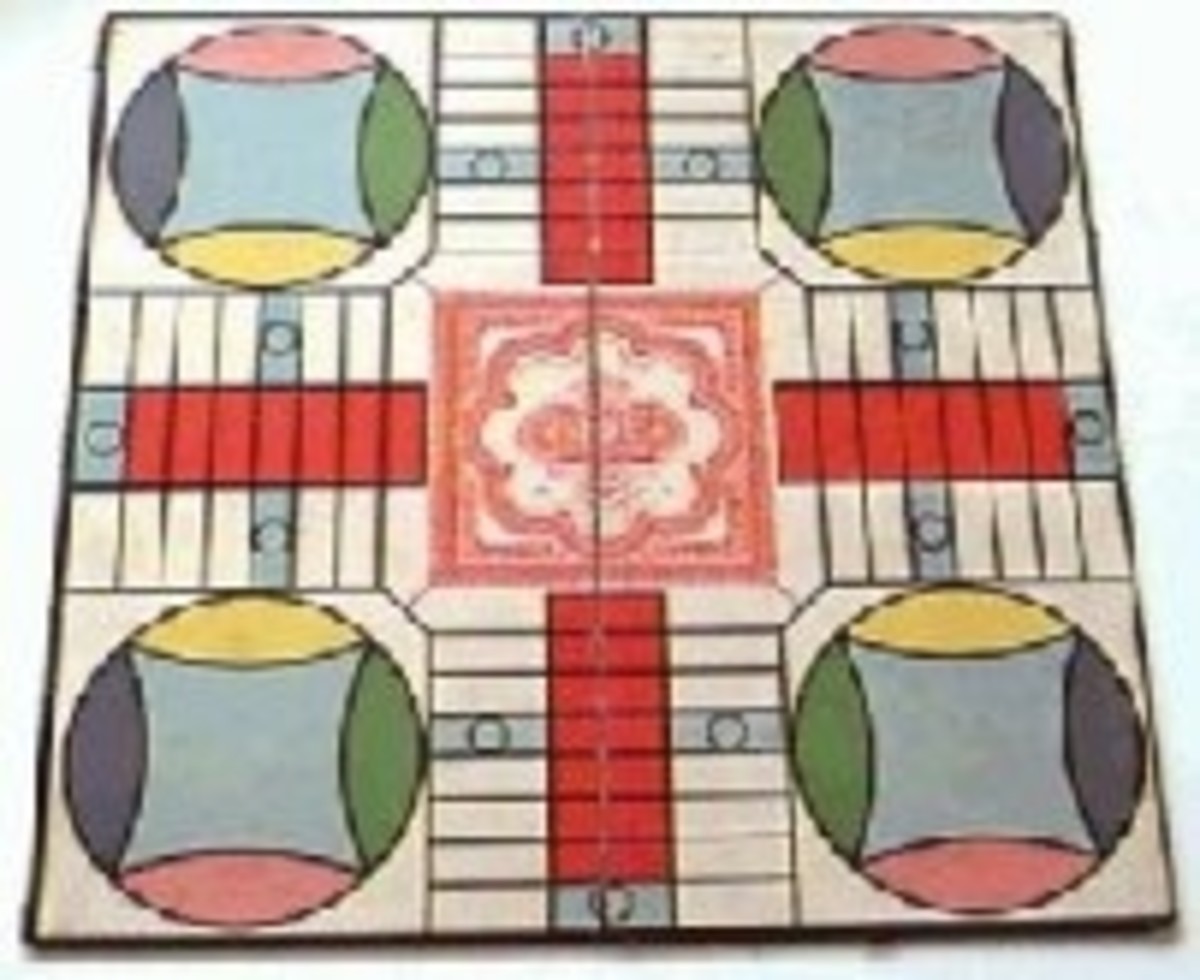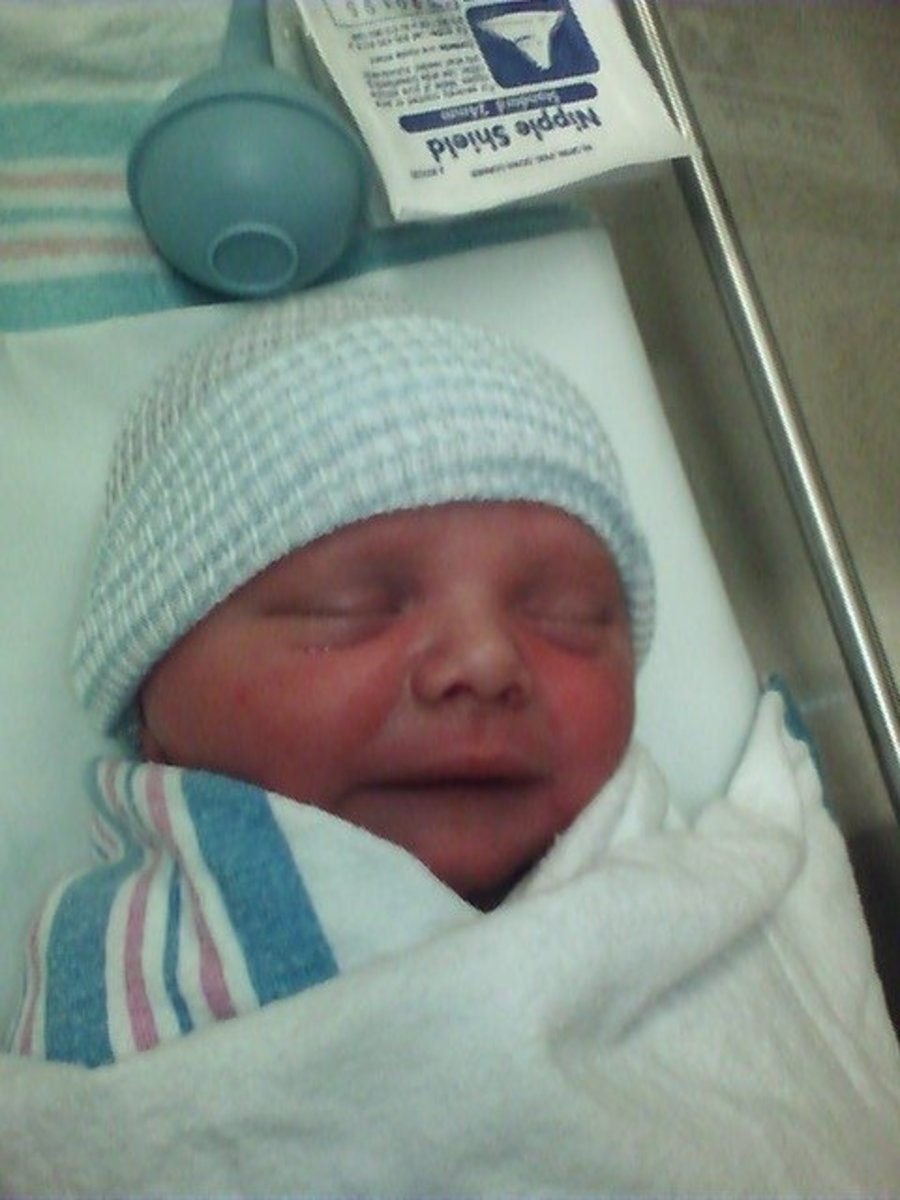Bedwetting Solution: How to Stop Your Child from Wetting the Bed When She Sleeps

Bedwetting Solution: How to Stop Your Child From Wetting the Bed When She Sleeps
My daughter is three going on four, but only bedwets every so often. I believe the few times she wets the bed after months of dry nights happens as a result of a slight on my part and I'll explain the reason for this belief.
Bedwetting in children is quite common and most parents prepare themselves for this phase. It is expected that these nights of wetness will start to ease up once your child turns three so it can become a cause for concern when this doesn't happen.
If you are a worried parent with a bedwetting child on your hands, here are some:
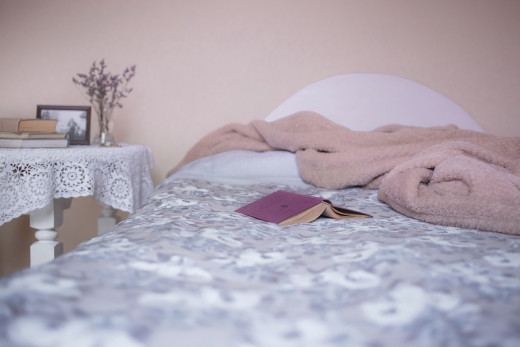
Facts about Bedwetting in Children You Should Know
1. Bedwetting, also called nocturnal enuresis is considered normal in kids up until five years. An estimated 15% of kids continue to wet the bed beyond the age of three. These kids usually find it a lot harder to hold urine through the night and, while an adult with a full bladder would be woken by this pressure, kids would empty it all on the bed.
2. Bedwetting could be genetic, so if you or one other person in the family bed wet for an extended period, this could be why your child is yet to stop.
3. Research has shown that boys bedwet more than girls. There's a strong link between the bladder and the brain; the former signals the brain when it needs to be emptied, which prompts it to act. However, it takes a while for this link to mature and since research has shown girls mature faster than boys, this explains why they stop bed wetting earlier.
4. Sudden bedwetting after months of dry night could be as a result of an emotional struggle your child is dealing with; struggles such as the divorce of the parents, moving to a new environment or adjusting to the arrival of a new baby.
5. Nocturnal enuresis could also be primary, where the child has never had one dry night since being born, or secondary, where she suddenly starts bed wetting after several weeks or months of dryness.
6. Research has also discovered up to 10% of kids still bed wet at age 7, while 1-3% will bed wet up to their late teens.
7. Boys are 2 to 3 times more likely to bedwet for a longer time.
8. Urination is an involuntary act in kids as they only begin to get some bladder control by age 4.
9. Bedwetting are of two types: primary and secondary. While primary is a lot more common, it usually isn't a cause for concern. Secondary bed wetting, on the other hand, is most times a symptom of an underlying health or emotional problem.
Bedwetting Fact
Research has also discovered up to 10% of kids still bed wet at age 7, while 1-3% will bed wet up to their late teens.
Bedwetting Solution to Try Out
Whether primary or secondary nocturnal enuresis and whatever the cause, bedwetting in children can be successfully managed and even stopped.
I didn't start out trying to manage this phase in my daughter's life. I just noticed my efforts at doing so were paying off.
This bedwetting therapy I'm going to be sharing with you isn't one bit unique; if anything, it is as old as time and parents use it everyday.
However, it is quite simple and because of its very basic nature, it tends to be overlooked as people doubt it effectiveness in actually curing or managing this situation.
Here's how this technique goes:
1. Regulate Your Child's Fluid Intake
My daughter loves taking water and I encourage her to take a lot of it due to the many health and beauty benefits this habit avails the body. However, from a certain time during the day, I start to cut down on the amount of water she drinks.
From 5pm, I make sure she takes a quarter less water than she usually does during the earlier part of the day and this amount keeps reducing further as she approaches her bedtime.
2. Let Her Empty Her Bladder Before She Turns Out for the Night
Another bedwetting therapy I have discovered works is making my daughter empty out her bladder just before she goes to bed. If she falls asleep before she does then I gently wake her up and support her on the toilet seat while she takes her pee.
She's kind of gotten used to this ritual and makes no fuss at being woken.
3. Wake Her in the Middle of the Night for a Pee
Our waking time for our second pee is never fixed and sometimes, we wake twice before the night is over, depending on her bladder and system that night.
My daughter sleeps with me and trashes about in her sleep when she has a full bladder and her kicks, though gentle, are usually enough to rouse me from my sleep.
A friend who tried this method found she never got her timing right; her kids would have already wet the bed before she roused, so what she did instead, was get an alarm clock and programme it to wake her at the needed time. However, for this to work, you have to know the exact timeframe your kids wet the bed so you can beat it.

Bedwetting Fact
Bedwetting could be genetic, so if you or one other person in the family bed wet for an extended period, this could be why your child is yet to stop.
4. Never Shame Her When She Bedwets
There have been days I have missed the timing on our night peeing ritual and woke up to the bed already wet.
Even at the tender age of three she knows bedwetting isn't natural and would feel ashamed it occurred. At such times, I make it a point never to shame her for the act and make her know it wasn't exactly her fault it happened (which would be the truth).
5. Praise Her for a Dry Night
After a relapse, I always ensure I praise her for any dry nights she has.
This content is accurate and true to the best of the author’s knowledge and is not meant to substitute for formal and individualized advice from a qualified professional.
© 2020 Farrah Young


